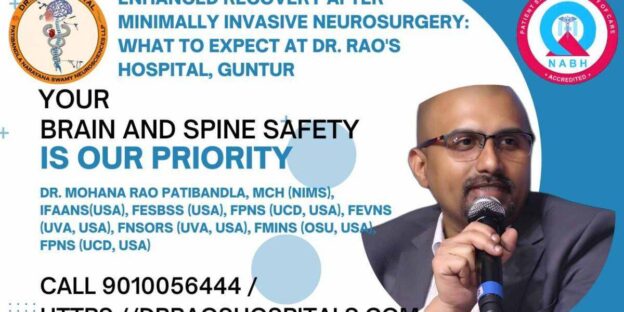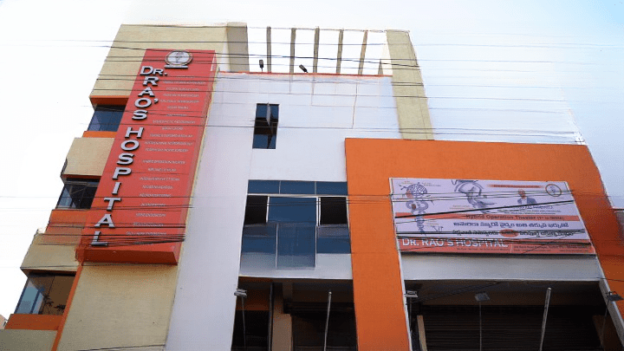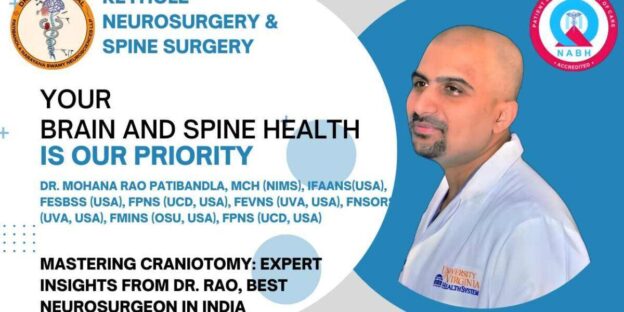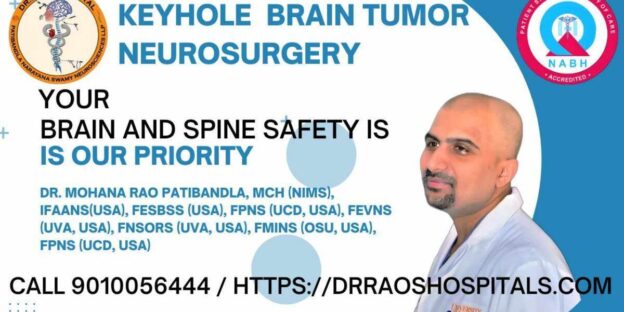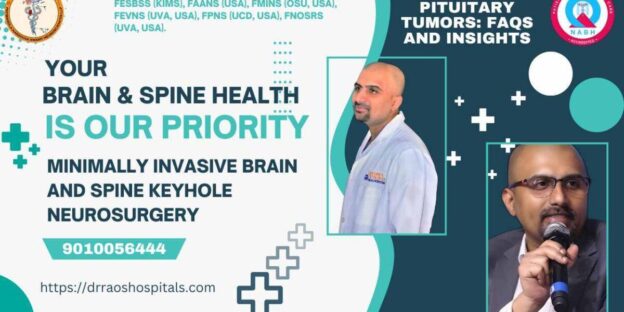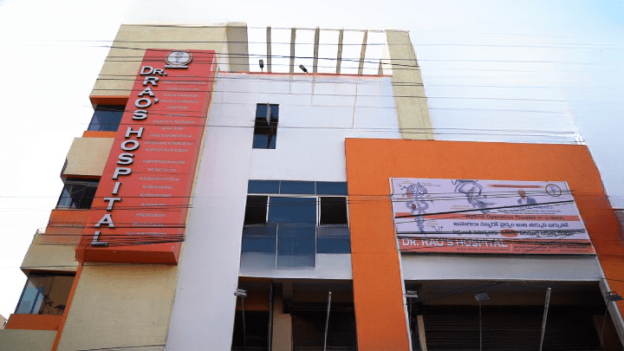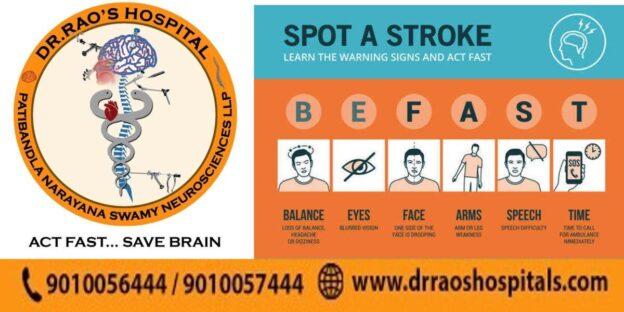Introduction
In medical tourism, Dr. Rao’s Hospital shines as India’s leading destination for economical neurosurgery. Renowned for its world-class facilities, expert medical team, and affordable healthcare solutions, the hospital stands as a beacon of excellence, attracting patients from around the globe seeking the most economical neurosurgery in India.
Economical Neurosurgery in India: Dr. Rao’s Hospital’s Distinct Advantage
Dr. Rao’s Hospital has carved a niche by offering economical neurosurgery in India without compromising the quality of care. The hospital’s commitment to affordability is based on the idea that everyone should have access to top-notch medical care, regardless of their financial situation.
Most Economical Neurosurgery in India: Breaking Barriers in Healthcare Accessibility
As a pioneer in providing the most economical neurosurgery in India, Dr. Rao’s Hospital is breaking barriers in healthcare accessibility. The hospital’s transparent pricing and cost-effective treatment options make it an attractive choice for international patients seeking high-quality neurosurgical procedures at a fraction of the cost.
Affordable Neurosurgery in India: Unmatched Quality with Cost-Effective Solutions
Dr. Rao’s Hospital has redefined the landscape of affordable neurosurgery in India by combining unmatched quality with cost-effective solutions. The hospital’s state-of-the-art infrastructure, modern technology, and a team of experienced professionals ensure that patients receive world-class treatment without the hefty price tag often associated with such advanced medical care.
Medical Tourism Hub: Dr. Rao’s Hospital’s Global Appeal
Situated in the heart of India, Dr. Rao’s Hospital has become a medical tourism hub, attracting patients from across the globe. The hospital’s reputation for providing economical neurosurgery in India has made it a preferred destination for international patients seeking high-value healthcare solutions.
Personalized Care: The Hallmark of Dr. Rao’s Hospital’s Medical Tourism Offering
While being a leader in providing economical neurosurgery in India, Dr. Rao’s Hospital doesn’t compromise on the personalized care it offers each patient. The hospital’s commitment to individualized treatment plans ensures that international visitors receive the attention and care they deserve throughout their medical journey.
Why Choose Dr. Rao’s Hospital for Economical Neurosurgery in India
- Affordability: Dr. Rao’s Hospital is committed to making neurosurgery affordable for all, offering the most economical options in India.
- Expertise: Under the direction of renowned neurosurgeon Dr. Mohana Rao Patibandla, the hospital ensures that patients receive top-notch medical care.
- Modern Infrastructure: The hospital boasts cutting-edge technology and a modern infrastructure, rivaling the best healthcare facilities globally.
- Transparent Pricing: Dr. Rao’s Hospital believes in transparency, providing patients with transparent and upfront pricing for their neurosurgical procedures.
- Positive Outcomes: The hospital’s track record of successful outcomes and satisfied patients speaks to its commitment to delivering excellence in healthcare.
Conclusion
In conclusion, Dr. Rao’s Hospital is a testament to the possibility of receiving world-class healthcare without breaking the bank. As a leader in providing economical neurosurgery in India, the hospital is poised to continue its legacy of making advanced medical treatments accessible to individuals worldwide, reinforcing its status as a preferred destination for medical tourism.

